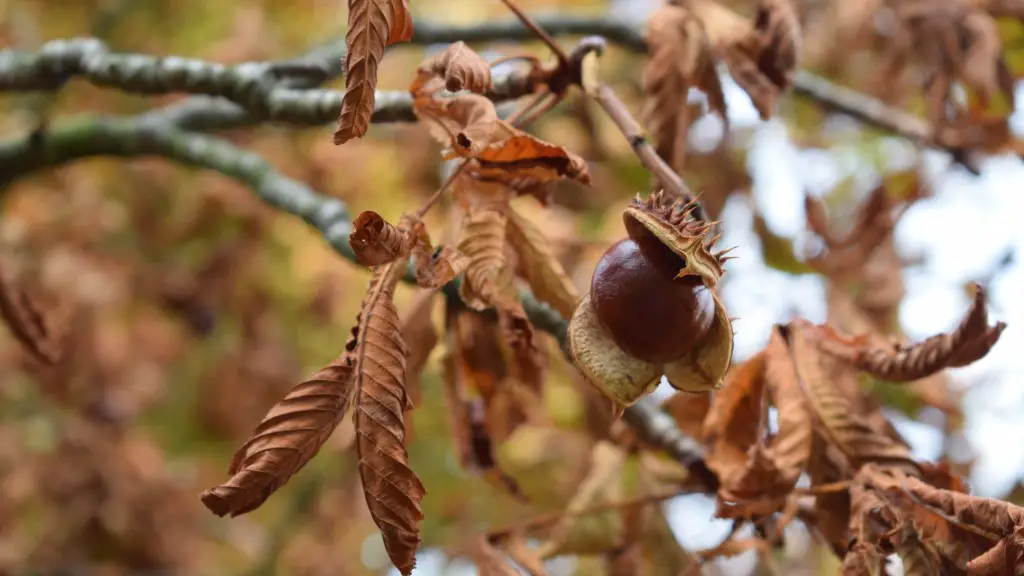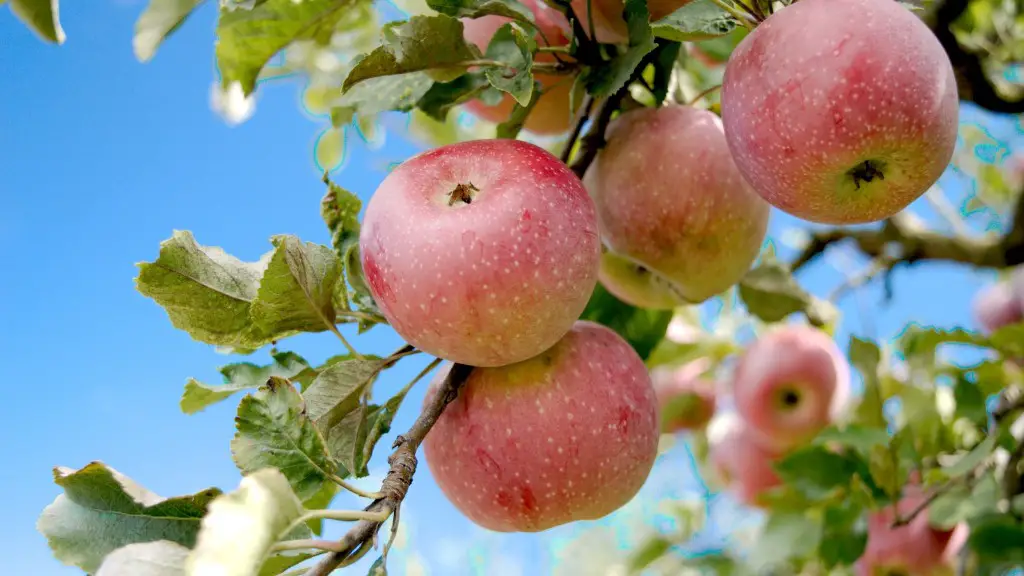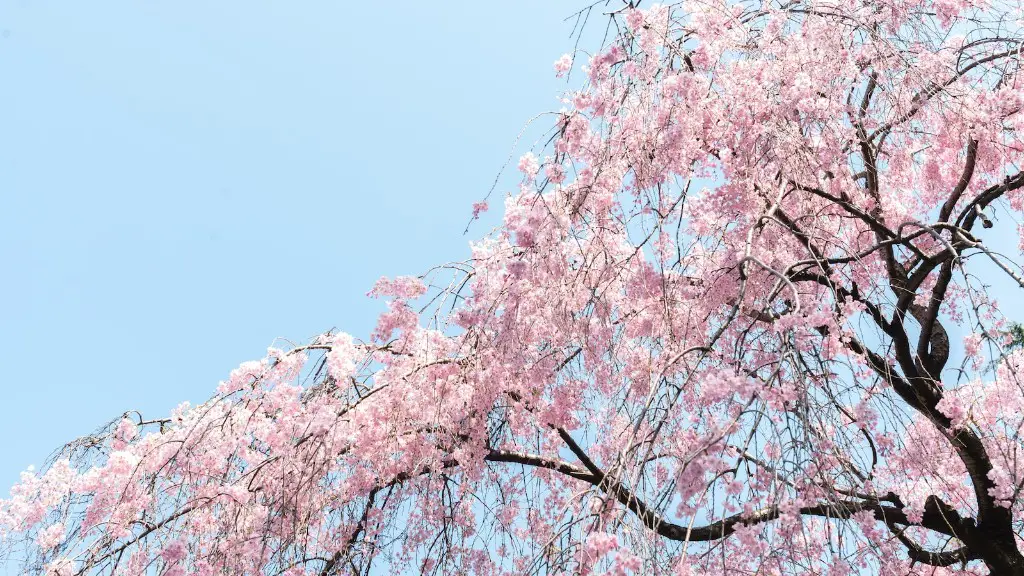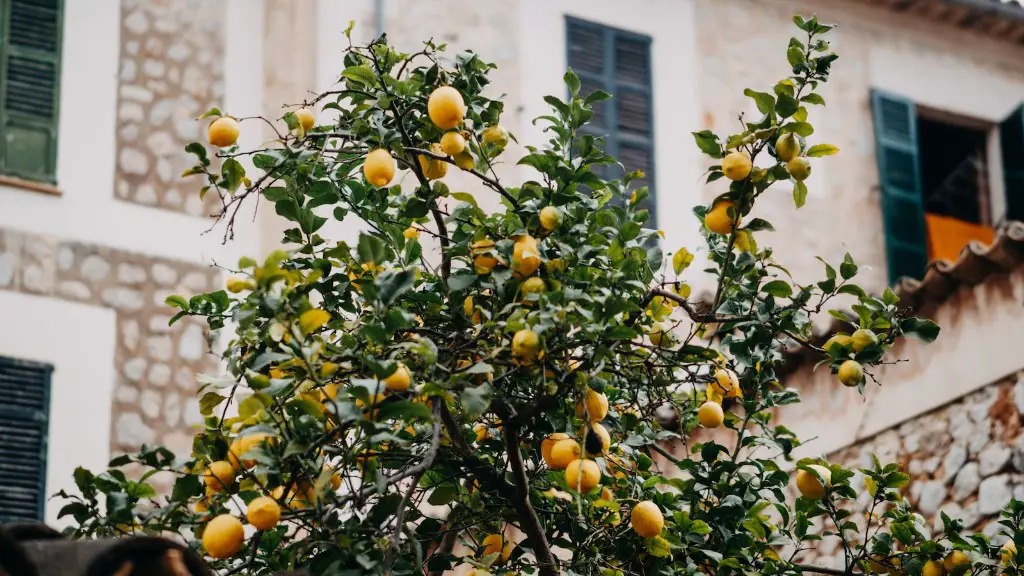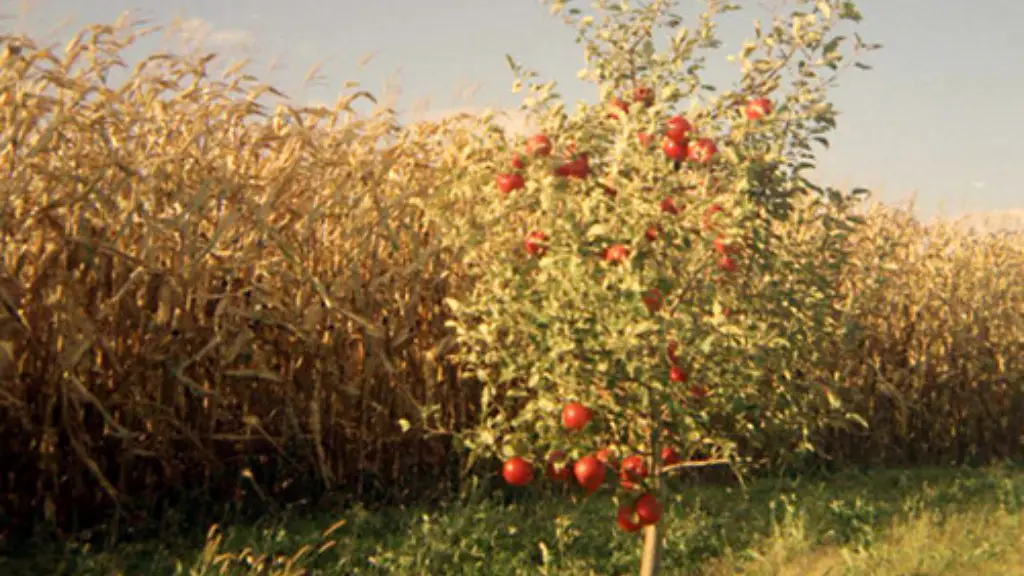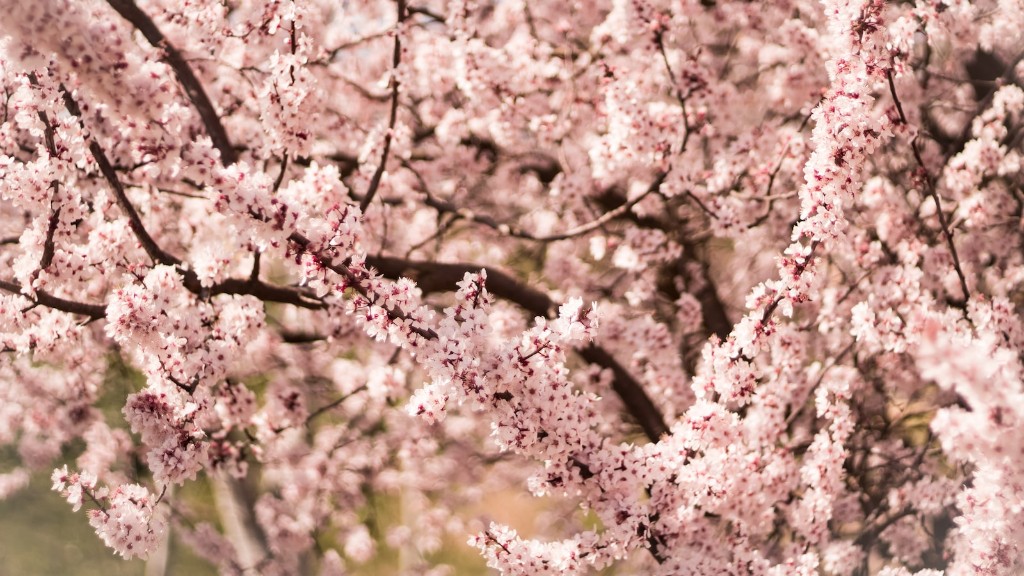A soap nut tree is a tree that grows soap nuts. Soap nuts are the fruit of the soap nut tree. They are also called soapberries. The scientific name for soap nut tree is Sapindus Mukorossi.
The Sapindus Mukorossi, or soap nut tree, is a deciduous tree that is native to India and Nepal. The tree can grow up to 30 feet tall and is characterized by its white flowers and reddish-brown fruits. The soap nuts have a high saponin content, which gives them their soap-like properties.
Can you eat soap nuts?
Soap nuts contain saponin, which is a natural detergent. It is this saponin that gives soap nuts their cleaning properties and also keeps animals from eating the plants.
If you live in a warm climate, consider growing this tough tree. It tolerates poor soil, drought, heat, wind, and salt, but it won’t tolerate frosty weather.
What is a soap nut
The seed of a soapberry is used for making beads and buttons. The flat saponaceous pod of an East Indian woody vine is also used for this purpose. The plant itself is known for its medicinal properties.
Soapberry nut husks are an amazing natural cleaning agent. They contain saponin, which is a natural cleaning agent that produces an effect comparable to soap. These husks are perfect for cleaning surfaces, dishes, and even laundry. Simply add a few drops of soapberry husk extract to your cleaning solution and you’re good to go!
What are soap nuts good for?
Soap nuts are an excellent alternative for cleaning around the house. They can be used to make an all-purpose cleaner, pet shampoo, glass cleaner, fruit and vegetable wash, car wash, floor cleaner, carpet cleaner, and even a substitute for dishwashing detergent. Soap nuts are a natural, eco-friendly, and non-toxic way to clean your home.
Soap nuts are a great alternative to traditional shampoos and body washes. They are gentle on the scalp and skin, and are a good choice for those with sensitive skin or allergies. Just use the same stove-top method as you would for making liquid laundry soap, and you’re all set!
Do soap nuts smell nice?
Soapnuts are a natural and sustainable way to clean your laundry and home. There is no scent associated with soapnuts, so if you prefer a scented laundry, you can simply add a few drops of your essential oil to the wash.
Soap nuts are an effective and natural alternative to traditional laundry detergent, but they may not be suitable for all your laundry needs. They are good at washing, cleaning and removing odors, but may not be as vigorous as you need for some stains. You may need to pretreat with a stain stick or add some white vinegar as fabric softener.
What zone do soap nuts grow in
The persimmon tree is a hardy tree that can grow in a variety of soils and climates. It prefers full sun or partial shade, meaning it needs at least 4 hours of direct, unfiltered sunlight each day. This tree is a good choice for those looking for a hardy tree for the South and Southwest (hardiness zones 6-9).
Soap nuts are a type of berry that grows on trees in warm, subtropical climates. The berries are dried and then used to create a natural soap. Soap nuts are an environmentally friendly alternative to traditional soaps and detergents. They are gentle on the skin and can be used to wash laundry, dishes, and even your hair. Soap nuts are also a great choice for people with sensitive skin or allergies.
Where are soap nuts found?
Soap nuts, also known as soap berries, are small berries that grow on trees in the Himalayas. These berries are used as a natural soap alternative and are very effective in cleaning clothes and hair. Soap nuts are also said to be gentle on the skin and are a great choice for people with sensitive skin.
The soap nuts tree, also known as the Reetha, is a native to South Asia, particularly the Himalayas. It has been used for thousands of years as a natural, effective cleaning agent. The soap “nuts”, which are actually berries, are composed of an easily removable outer shell containing saponin, a natural surfactant. Saponin is a natural surfactant that is effective in cleaning because it breaks down the surface tension of water, which allows the water to more easily penetrate and remove dirt and grime.
Can people with nut allergies use soap nuts
Soap nuts are not actually nuts, but berries, which means they are safe for those with nut allergies.
Soap nuts don’t work well on cool washes, so you’ll need to use warm-to-hot water. This means more energy use and potential for damaging clothes.
How much does soap nuts cost?
We are excited to announce that we are offering FREE delivery on all orders over ₹25,000! This is a great opportunity to take advantage of our services and get your products delivered right to your doorsteps. So, what are you waiting for? Take advantage of this great offer today!
If your SoapNuts become sticky in humid conditions, don’t worry! It won’t affect the product or its cleaning capabilities, it will still wash brilliantly.
Do soap nuts stain clothes
Soap nuts are a natural, eco-friendly alternative to conventional laundry detergent. Unlike most detergents, soap nuts are gentle on both skin and fabric, and they’re also biodegradable.
To use, simply place 4-6 soap nuts in a cotton muslin bag and start your wash cycle as usual. The soap nuts will release their cleansing properties into the water, leaving your clothes clean and fresh. When the cycle is complete, simply remove the bag of soap nuts and compost them.
Soapnuts are the best for hair growth owing to their natural properties. They are used in many hair tonics and solutions as they help in achieving thick and bouncy hair. Soapnuts also have insecticidal properties that help in killing lice on the scalp.
Conclusion
The soap nut tree is a plant that is native to India and produces a fruit that is rich in saponin. The fruit of the soap nut tree has been used for centuries in India as a natural soap.
A soap nut tree is a small to medium-sized tree that grows in tropical and subtropical areas. The tree produces a fruit that contains a natural substance called saponin, which is used as a natural soap.
